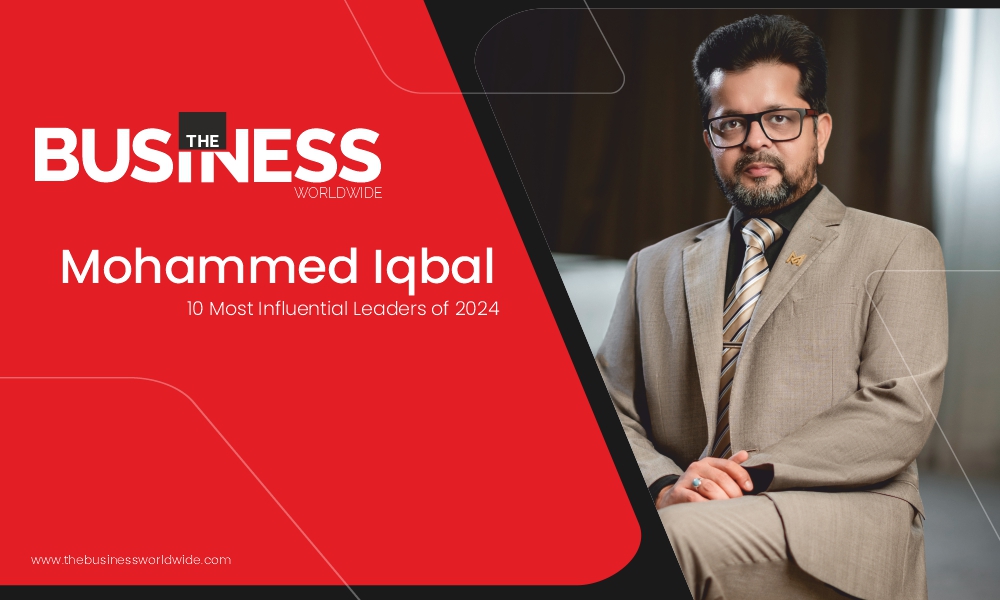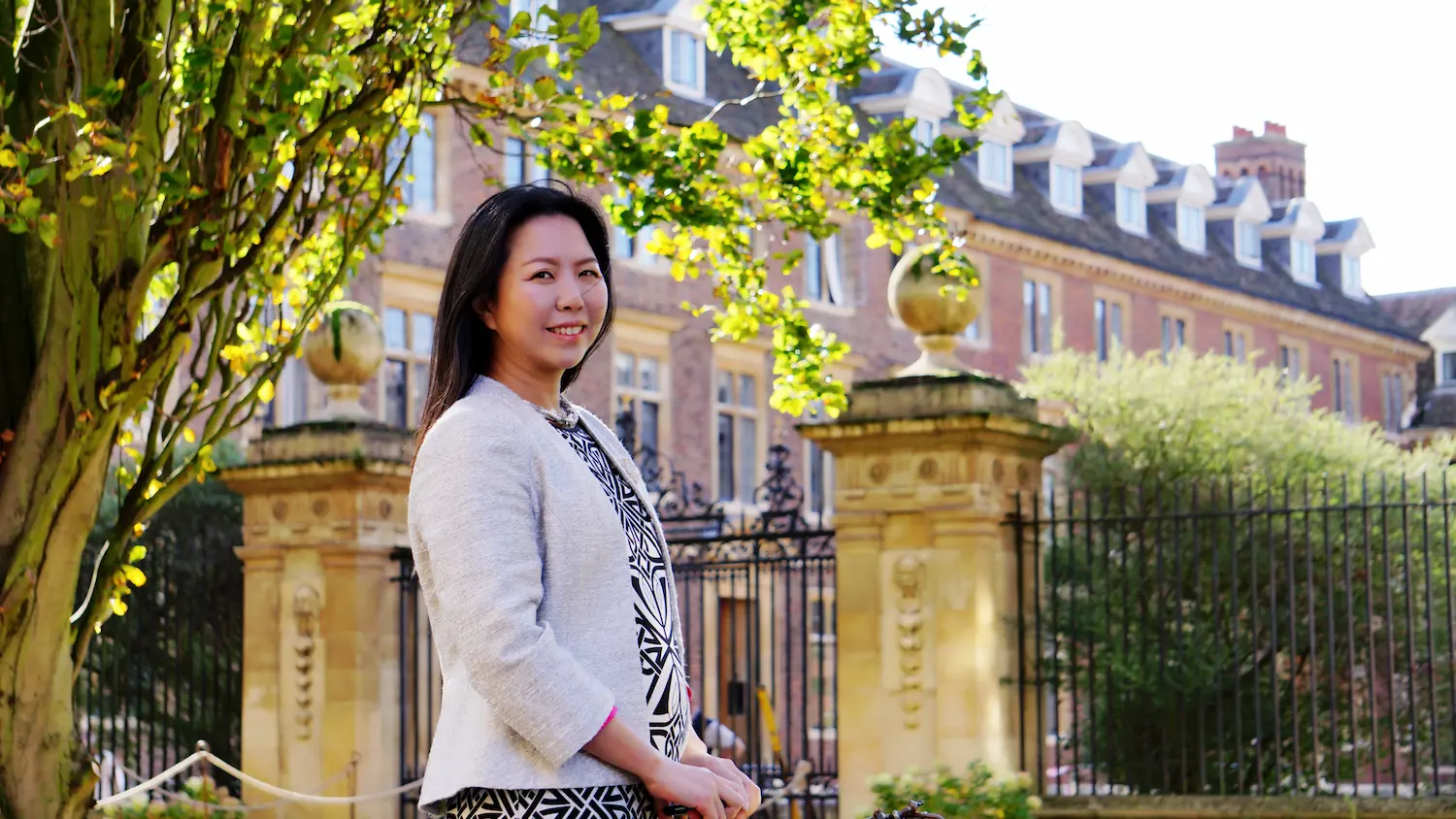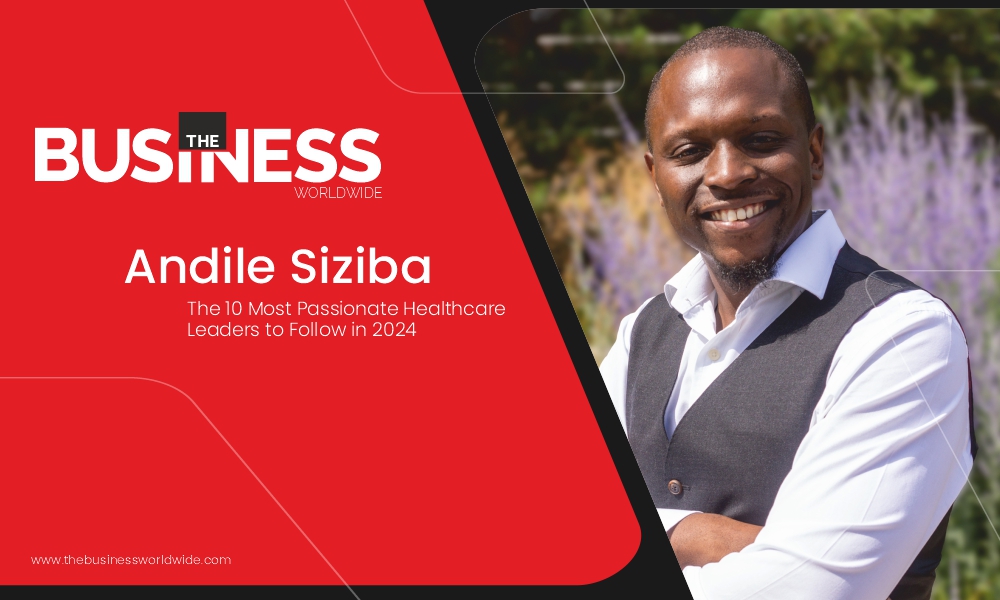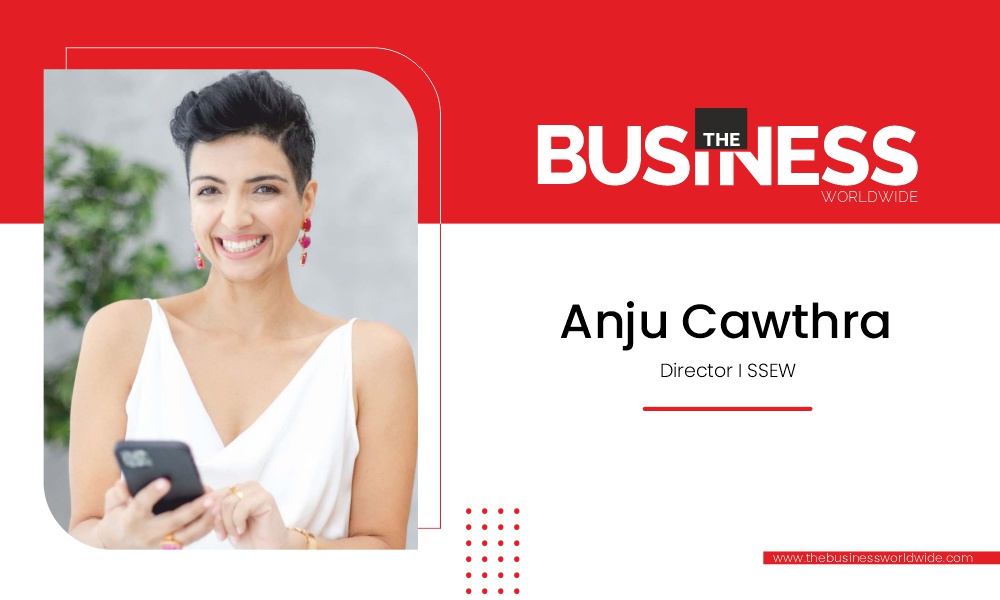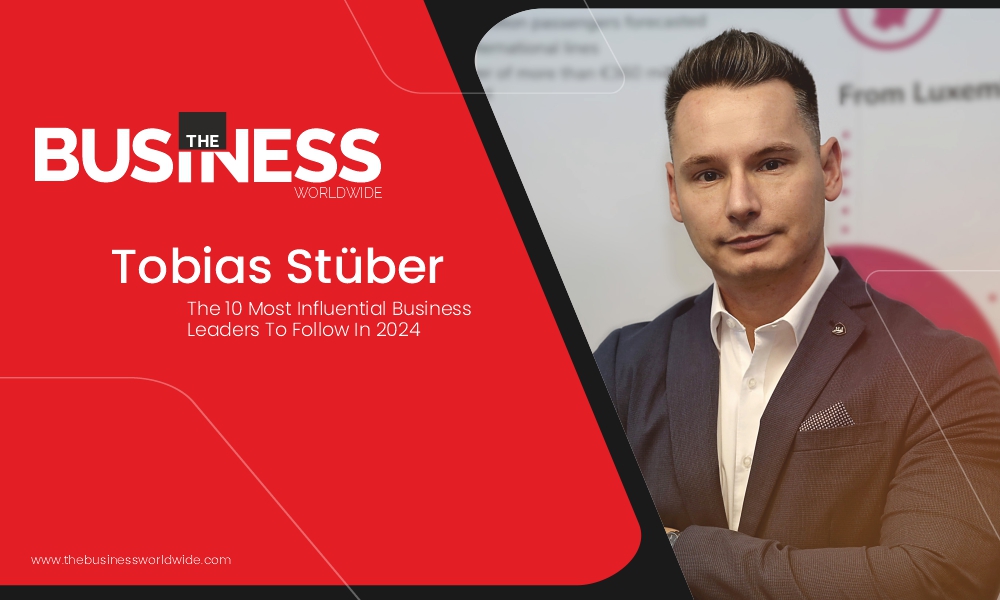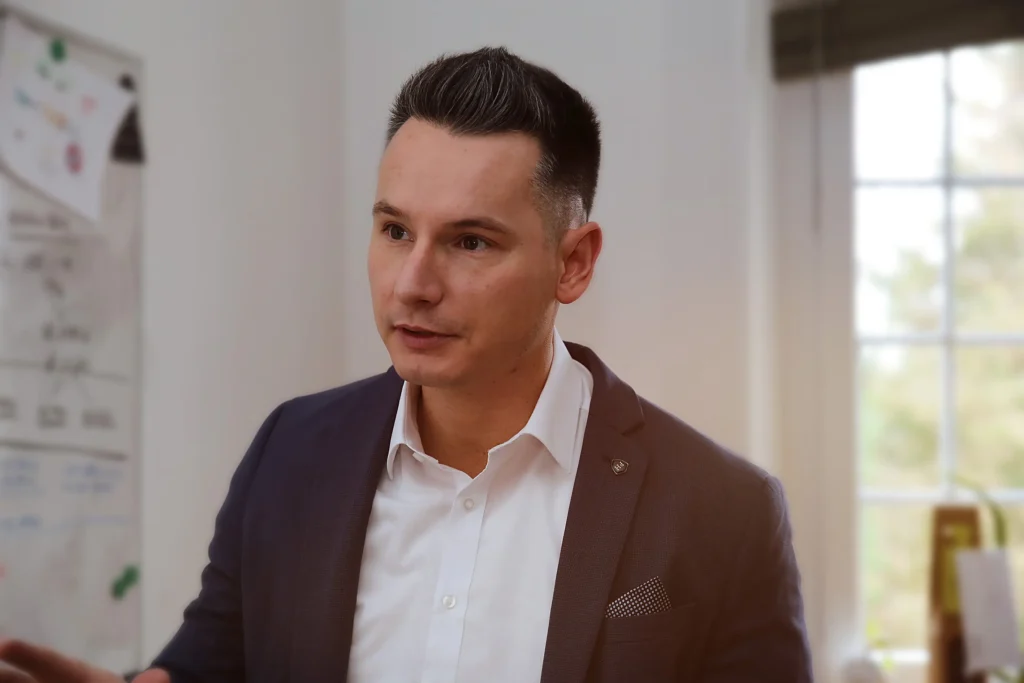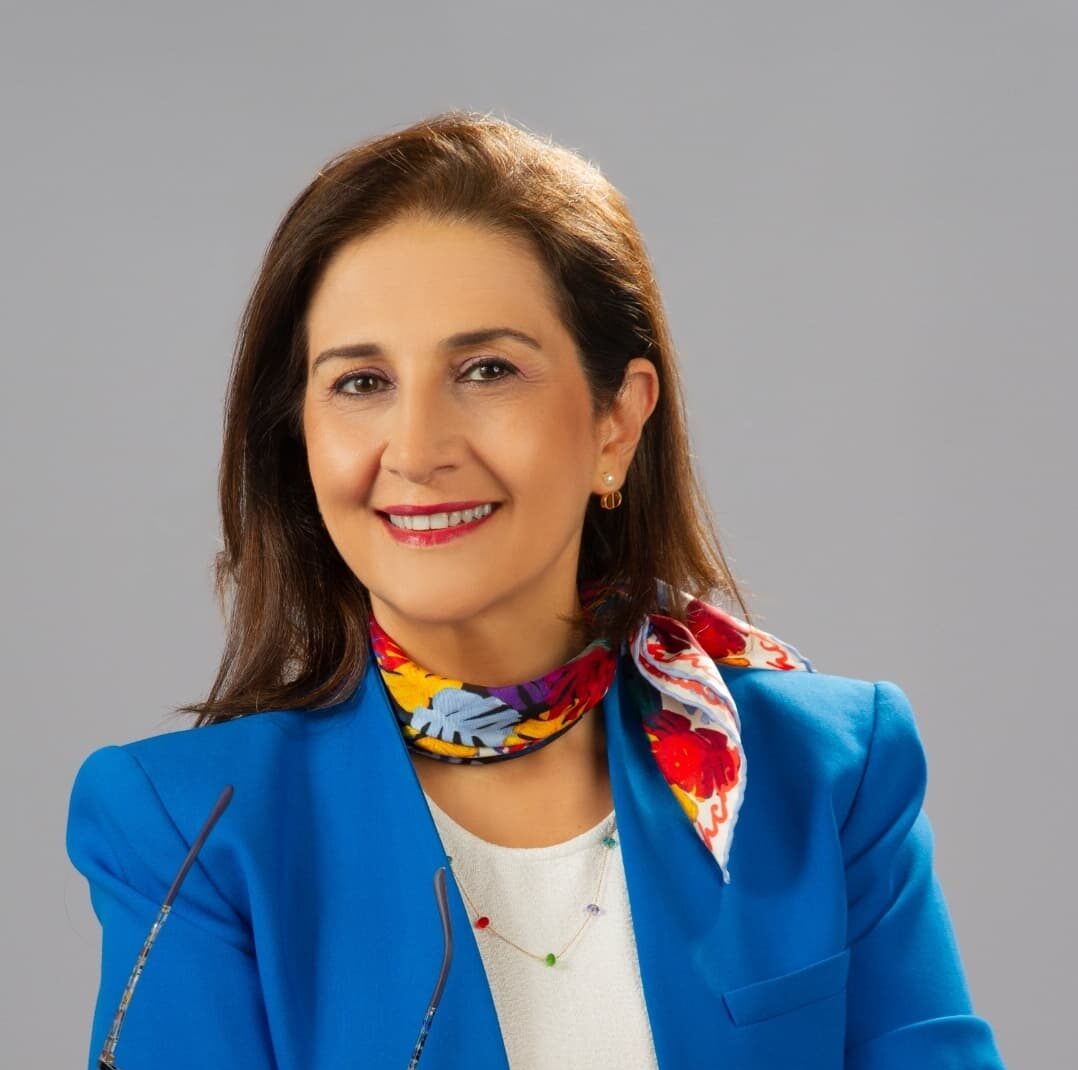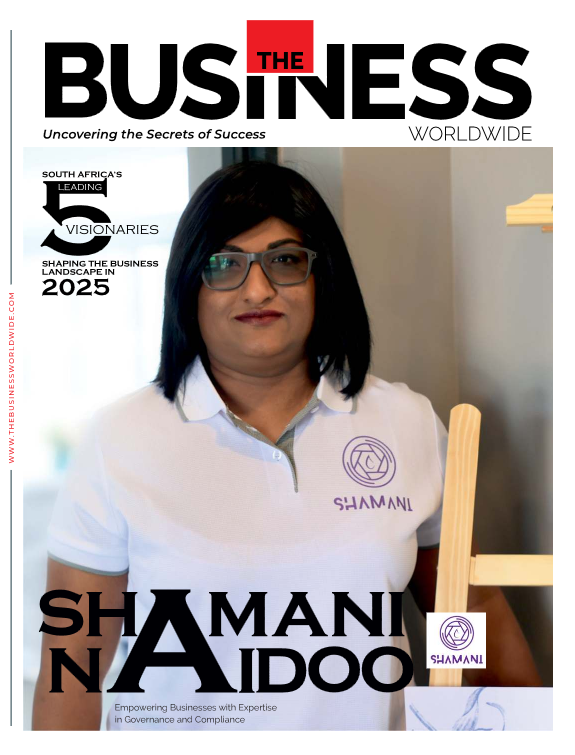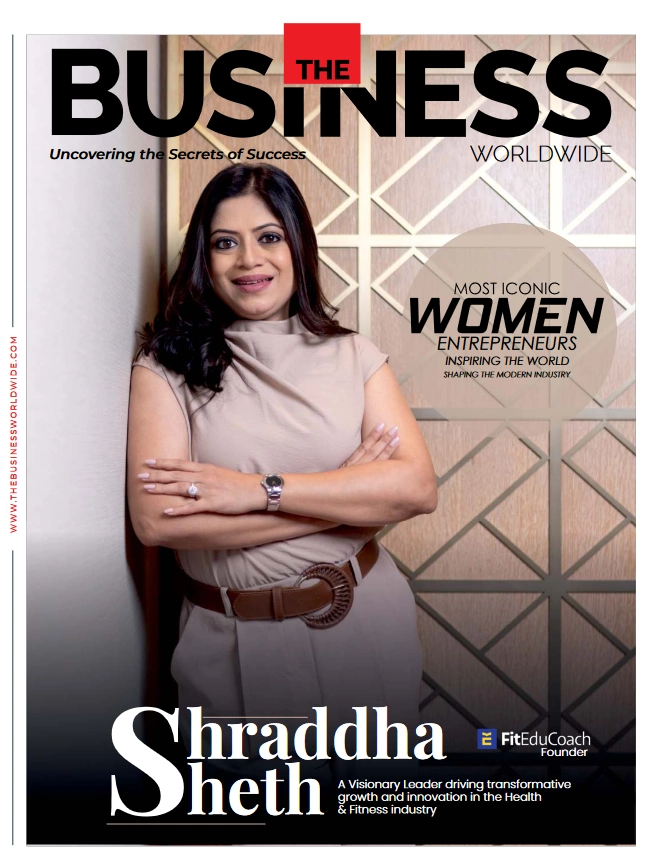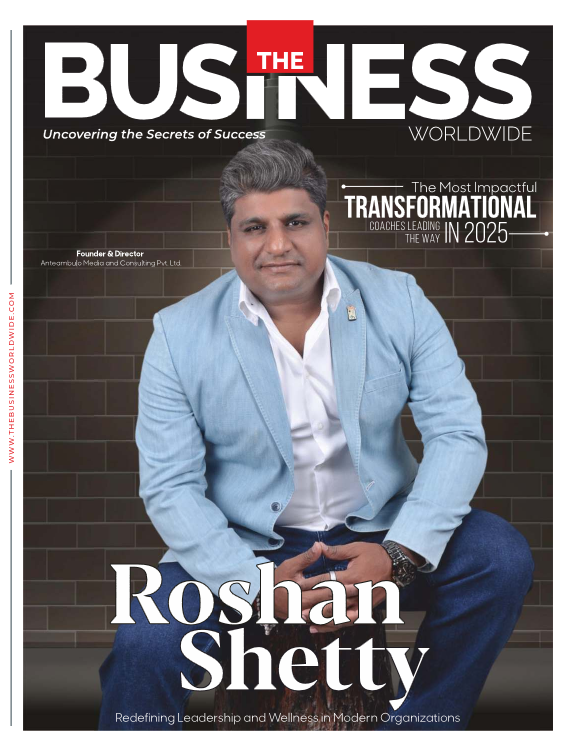Khalidia Palace Hotel Dubai by Mourouj Gloria is a luxurious 5-star hotel located in the historic district of Deira, Dubai. It combines 5-star elegance, style, and contemporary taste with spacious rooms and suites offering a chic metropolitan setting designed to create an oasis of relaxation from a busy day in the bustling city. Located in the historic district of Deira, neighboring Dubai Creek and part of Dubai’s rich heritage, the hotel is only a 15-minute drive from Dubai International Airport.
Khalidia Palace Hotel offers 311 spacious rooms and suites with views of the Burj Khalifa, Dubai Frame, and the famous Dubai Creek. It is strategically positioned among recreation, retail, and commercial businesses, located in the center of the district’s pulse, with an abundance of shopping, dining, and local souks. The hotel features several dining options, including Gilaneh (an Iranian specialty restaurant), Creek View (all-day dining), Urban Lounge, and Aqua Café (poolside). Facilities include a gymnasium, day spa, salons, an outdoor swimming pool, and a kids club.
As the General Manager of Khalidia Palace Hotel, Mohammed Iqbal ensures that the guests enjoy the hotel’s sophisticated setting which provides security, space, and comfort to suit individuals who appreciate a refined ambiance with modern elegance.
Bringing Decades of Experience on Board
Mohammed Iqbal is a well-seasoned, experienced hotelier, and certified Hotel Administrator from the American Hotel & Lodging Educational Institute. He holds an MBA degree from the University of Wolverhampton and an Executive Diploma in International Business Management from Pearson Assured while being a certified Hotel Revenue Manager from Cornell University, bringing more than two decades of hospitality experience within the MENA region.
Throughout his career, Iqbal has been involved in numerous pre-opening hotels across the GCC with brands such as Crown, Four Points by Sheraton, Khalidia Hotel Apartments, Mourouj Hotel Apartments, Ramada, Gloria Hotel Suites, and Park Plaza Hotel. He has acquired diverse skills and knowledge with brand launches, management transition, talent acquisition, pre-opening experience, sales and marketing, revenue management strategy, budgeting, brand positioning, technology management, and building a culture of excellence whilst driving performance and developing strong teams.
“With a passion for guest servicing, understanding cultures around the world, and above all elevating modern standards in the world of Hospitality, has encouraged me to pursue my career in hospitality”, says Mohammed Iqbal, General Manager of Khalidia Palace Hotel Dubai.
An Exemplary Leader
Iqbal believes in leading by example since that allows him to showcase what needs to be done, leaving little room for doubt, and getting everyone on the same page.
He also believes in fostering a culture of continuous learning and growth. He invests in his own development and actively seeks opportunities to improve his skills and knowledge. He also encourages his team members at Khalidia Hotel to do the same and provides them with the necessary resources, guidance, and training to enhance their professional growth.
“Nowadays, many guests — particularly the younger generations — rely on online reviews heavily when deciding where to stay. Hence, I have introduced the QR review card to encourage our guests to leave a review about their stay on Tripadvisor and Google and easily accessible via the QR code,” he states.
Balancing Innovation and Tradition
To gain a competitive advantage in the hospitality industry, Iqbal believes that embracing innovation and balancing cultural authenticity with technological advancements are essential to keeping ahead of the curve and meeting the ever-evolving needs of the guests. To succeed in cultural authenticity, he considers offering experiences that showcase local traditions, cuisine, and arts, providing guests with an immersive and genuine taste of the destination’s heritage.
Simultaneously, integrating technological advancements such as smart room features, mobile check-ins, advanced guest apps, and AI-driven chatbots brings in the innovative touch. Additionally, it also involves the use of QR codes, self-service kiosks, online booking systems, digital menus, contactless payments, and guest management platforms, which can significantly enhance the overall guest experience.
A Motivated Staff for High-Quality Hospitality
A well-trained and motivated staff is the key to keeping the service running without a glitch. Iqbal believes that by encouraging the team to experiment and use the relevant resources and training, with incentives, and recognition, they will grow their skills. Moreover, it means involving his staff in the innovation process, soliciting their ideas and suggestions, and empowering them to make decisions and solve problems.
“The 1-1 session with our more junior team members will give them the opportunity to have their voices heard and a chance to address any concerns. We have a monthly get-together that aims to recognize and celebrate achievements across the board to continue inspiring and motivating our team members to progress toward the goals of the company. In addition, we have team building activities planned including fun initiatives such as football, basketball, and bowling,” he shares.
Handling Customer’s Views
Customer’s words reign supreme and so, Khalidia Hotel has its own mechanism of dealing with feedback and complaints. Iqbal shares that when a customer submits a complaint through any communication channel, it’s important to let them know that their voice was heard and that the relevant department has been notified.
“There will be certain times when a customer is very angry, and there is little opportunity to try and remedy the situation directly. In these situations, a straightforward and candid approach often works best. How you reply to a customer complaint can have a significant impact on its acceptance and your chances of retaining the customer. With a well-trained customer support team and personalized email strategy, we can give our team a great framework for positively addressing these complaints,” he says.
The Jitters in the Journey
Every hotel is different, but the pre-opening phase of a new hotel is always a big challenge and a great opportunity at the same time. Iqbal states that planning and executing a new hotel opening includes setting a detailed, comprehensive, and realistic pre-opening budget, which is crucial for the business. Gross estimates for activities like advertising for each target market require manpower, along with going through careful hiring processes. A complete budget for compensation and benefits is also required in the pre-opening period, and it is not simply a case of ‘build it’ and they will come. “We are currently in the soft opening phase, and we are working hard to set the ground for future successes,” he shares.
The Changing Force called the Pandemic
The hospitality industry was struck hard during the pandemic. With the world coming to a standstill, there was nowhere to go and the hotels had to put up a tough front for survival.
Many challenges and problems appeared in the journey of developing Khalidia Hotel since its construction but with time and dedicated efforts and support from the owning company hence, on 10th December 2023, the hotel finally received its first guest. Iqbal concurs that pre-pandemic demand is back. He opines that the industry needs to adapt, and a core part of this adoption is flexibility. While offering comfort and nice hotel appointments is important, customers increasingly want a complete guest experience and one of the biggest challenges faced by hotel managers is managing customer expectations.
“Guests come to hotels expecting a certain level of service and amenities, and as the General Manager, I must ensure that these expectations are met. Additionally, I must also manage staff to maintain high standards of service while ensuring employee satisfaction and productivity,” he says.
This requires strong communication skills and an ability to motivate employees for they all work together towards common goals. Finally, he must stay on top of industry trends to keep their business competitive within the marketplace while still providing guests with a great experience at an affordable price point.
The Current Wave
Speaking about trends, Iqbal shares that since various hotels are constantly coming up with new attractive offers, guests tend to not be limited to one single brand. Rather, they are open to options; looking for key servicing and properties that offer a memorable guest experience.
Running loyalty programs is the MOST practical way to increase one’s loyal customer base, he suggests. These include offering amenities, discounts, and reward points to guests against their membership.
“So, even if they’ve stopped using the services, you can approach your guests and offer them deals or packages. At the same time, do not forget to consider implementing ways to increase repeat guests at your hotel,” he explains.
Providing Holistic Experience
Holistic tourism has become a new and alternative form of tourism and an important trend among tourists who seek experiences that would allow them to achieve the balance between mind, body, and soul; in this new environment, Khalidia Hotel is striving to incorporate health and wellness amenities that provide convenience, comfort, and value to its valued guest. “It’s all about creating an enjoyable and memorable guest experience from the moment they arrive to the time they leave. This includes wellness offerings like Zumba classes, Yoga & Aqua exercise. Our SoulSenses Spa and Wellness offer a variety of treatments, massage, therapy, and relaxation,” says Iqbal.
For the staff at Khalidia Hotels, creating an amazing guest experience is essential to encouraging repeat visits and gaining positive reviews, as well as giving their visitors a truly unique holiday experience. This means making sure that every aspect of their experience is thoughtfully considered, from their arrival right down to their culinary experience and the accessible facilities available.
Advocating Sustainability and Green Tourism
Khalidia Palace Hotel Dubai adopts a paperless approach with guest services, including digital check-ins, check-outs, electronic invoicing, and a Quality Management System (QMS). Additionally, the traditional paper menus make way for greener alternatives and enhance guest convenience while minimizing waste. These sustainable initiatives extend to back-office processes, including training and communication to effectively reduce paper waste and overall operational efficiency. Positioned at the forefront of a global shift towards responsible travel, Khalidia Palace Hotel Dubai by Mourouj Gloria invites guests to experience a greener future where luxury meets sustainability and sustainable hospitality initiatives shine.
Current Industry Challenges
Running a hotel business isn’t a cakewalk. The level of risk involved is immense. Therefore, hoteliers must keep an eye on every hurdle that comes their way. Numerous hotels around the world tend to overlook most of the challenges. As a result, they face serious repercussions.
“You don’t need rocket science to overcome challenges. Rather, you need to have a strategic approach. Hiring and retaining staff has always been one of the most common problems in the hospitality industry,” expresses Iqbal.
Every hotel requires quality staff on all fronts; be it administration, maintenance, kitchen, housekeeping, or front desk. Lack of skill in the educated youths graduating from education houses is also proving to be a major challenge in the hotel industry.
“Training the new workforce on a regular basis is the only remedy available. Retaining a qualified staff requires you to employ a few tactics. For example, cultivating a feeling of belongingness (culture) and value for the team members will make them attached to their jobs and instill a sense of responsibility in their minds,” he says.
Looking at the Future
Iqbal is excited about exploring technologies from other sectors that offer significant potential in the hospitality industry. Adopting an open-minded approach, he suggests, will allow for integrating global advancements, enhancing operational efficiency and guest satisfaction. One primary objective for hoteliers adopting technology is to improve the guest experience.
“Technologies that enhance comfort, convenience, and personalization are key. It requires investing in solutions that cater to modern consumer expectations, such as self-check-in and out options if the guest so chooses, seamless connectivity of their personal devices, and mobile integration for interaction with hotel staff whilst on the property,” says Iqbal.
” Khalidia Palace Hotel Dubai by Mourouj Gloria is poised to become a landmark destination in Dubai, offering an exquisite blend of opulence, culture, and innovation. Our dedication to delivering an unmatched hospitality experience is at the forefront of our efforts. My journey with Khalidia Palace has taught me that the soul of any great hotel is its team. Collectively, we’re looking forward to welcoming future guests to the property for a truly remarkable experience,” concludes Iqbal.
“Whether you’re a business or leisure traveler, Khalidia Palace Hotel provides luxury, convenience, and cultural immersion in the heart of Dubai.”
“Guest feedback gives us insight into customer satisfaction levels.”
“Guest satisfaction is what we aim for and their valuable reviews are an important metric as they help us address customer issues, prevent churn, and build a base of loyal guests.”
“Operational excellence solidifies your team and the quality of customer service you provide. Achieving high performance requires meticulous attention to hiring practices and ongoing development.”

